In the annals of modern innovation and business, few names command as much respect and attention as Elon Musk. A veritable colossus straddling multiple sectors, from electric vehicles to space travel, Musk’s influence extends far beyond his enterprises. Now, as the ever-evolving world of social media welcomes a new protagonist, Linda Yaccarino, as the CEO of Twitter, the spotlight turns to the potential convergence of these two powerhouses. What could this mean for their respective companies, the investors, and the broader business landscape? Let’s explore.
Elon Musk and Linda Yaccarino: A Power Equation in the Making?

Combining the prowess of a tech titan and the genius of a media maven is no less than a seismic event in the world of business. The ripples of this convergence are bound to be felt across the global corporate ecosystem. Musk, known for his daring endeavors and relentless pursuit of innovation, could see in Yaccarino an ally who understands the immense power and potential of social media. After all, she’s not a stranger to driving growth and commanding audiences, as demonstrated during her successful stint at NBCUniversal.
This alliance could open new avenues for cross-sectoral collaborations, creating opportunities for shared growth and evolution. As Musk ventures deeper into the realm of social media, and as Yaccarino takes the helm at Twitter, their combined leadership could redefine the way we perceive technology and communication.
Tesla’s Stock and the Elon Musk Effect
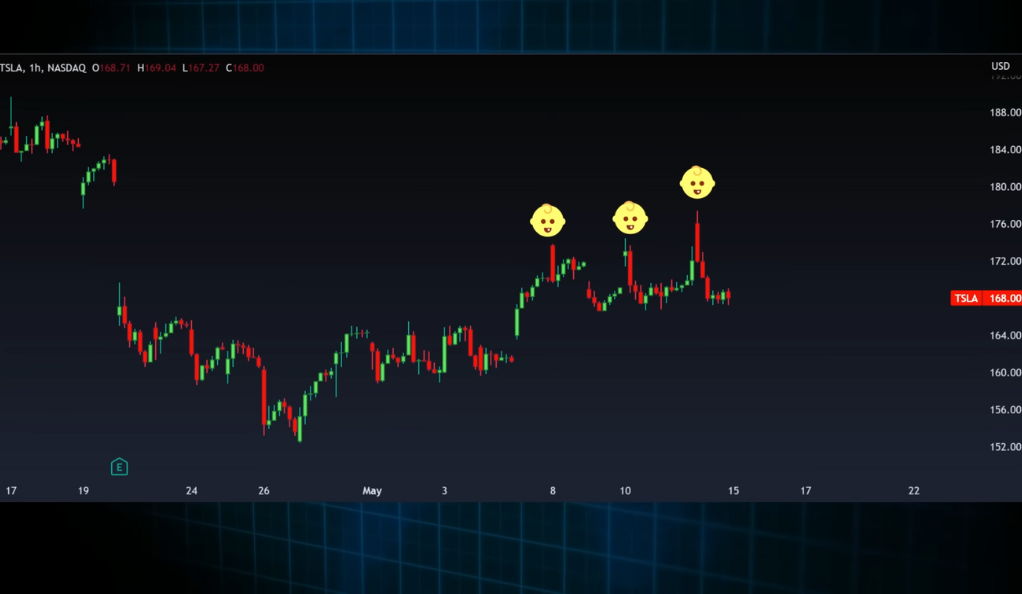
In the world of stock markets, the relationship between a company’s performance and its stock valuation can be as intricate and nuanced as the plot of a Shakespearean play. This comparison rings particularly true for Tesla, Inc., a company whose stock price has been on a rollercoaster ride, fueled not only by its performance but also by a potent mix of investor sentiment, market trends, and the indomitable persona of its CEO, Elon Musk.
Buying the Dip: Investor Optimism or Blind Faith?
The term ‘buying the dip’ refers to the strategy of purchasing stocks when their price is significantly lower than their recent highs, with the expectation that they will rebound. This approach relies heavily on the premise that what goes down must come up. However, like all investment strategies, it comes with its own set of risks.
Tesla investors, known for their continued optimism, often employ this strategy. They have shown a propensity to buy more of the company’s stock during market downturns, irrespective of the corporation’s valuation or financial health. This unwavering faith in Tesla’s future growth prospects and in Musk’s visionary leadership has resulted in the stock’s resilience, even amidst challenging market conditions.
Beyond Financial Performance: The Role of Investor Sentiment and Market Trends
Investor sentiment and prevailing market trends play a critical role in shaping a company’s stock price, often transcending its financial performance. Positive investor sentiment towards Tesla can drive up its stock price, even if the company’s financials do not justify such a surge. Conversely, negative sentiment can depress the stock price, regardless of the firm’s robust financial standing.
Market trends also wield significant influence. For instance, a growing interest in sustainable investments or a broader bullish trend in tech stocks can propel Tesla’s stock upward, while economic uncertainties or regulatory changes can trigger a decline.
The ‘Musk Effect’: Charisma That Moves Markets
Another crucial factor that impacts Tesla’s stock price is the charismatic presence of Elon Musk. His daring visions, audacious promises, and frequent social media engagement have a significant effect on the stock’s performance. His tweets can cause market frenzies, leading to sharp swings in the stock’s price.
Musk’s personal brand is so intertwined with Tesla’s identity that his words and actions can induce investors to overlook conventional valuation metrics, driving up the stock price. This phenomenon, often referred to as the ‘Musk Effect,’ underscores the powerful role that a CEO’s charisma can play in shaping a company’s market valuation.
While the relationship between Tesla’s corporate performance and its stock valuation can be intricate, understanding the contributing factors can provide valuable insights. The interplay of investor sentiment, market trends, and the influence of charismatic leadership offers a fascinating lens through which to view the performance of Tesla’s stock. These dynamics remind us that stock markets are not just about cold, hard numbers but also about human emotions, perceptions, and personalities.
Investors, while riding the wave of optimism, should also engage in thorough due diligence, scrutinizing the company’s fundamentals and the broader market landscape. In the world of investments, it’s always wise to remember that while high risk can lead to high reward, it can also lead to substantial losses.
Unraveling Tesla’s Valuation Paradox
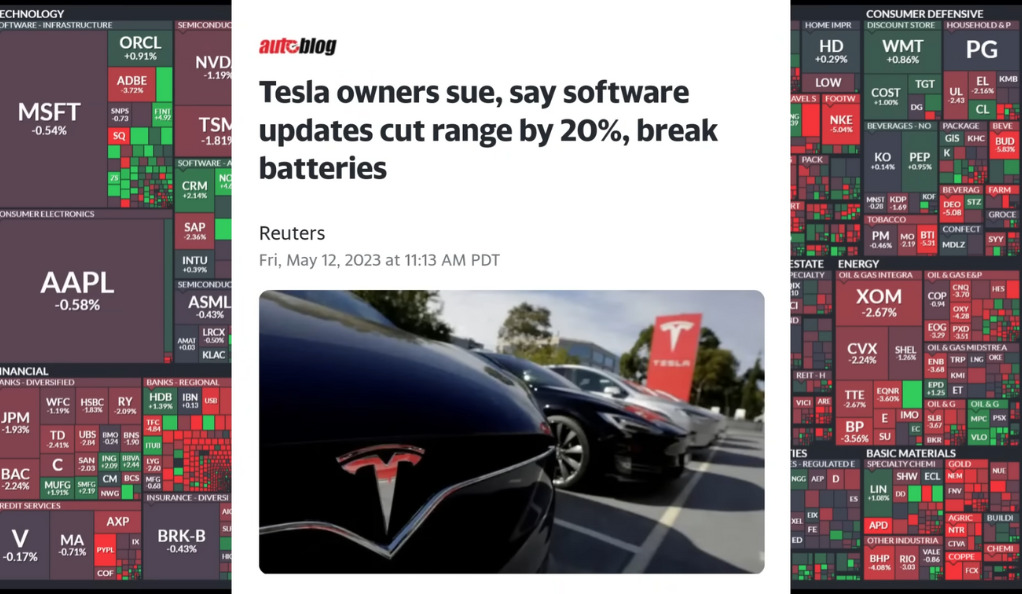
Tesla’s stratospheric valuation has been a lightning rod for controversy, spurring animated debates among economists, investors, and market observers. Is the company’s stock price reflective of its innovative potential and the promise of electric vehicles, or is it a speculative bubble waiting to burst?
The dichotomy between the two perspectives underscores the importance of thorough financial analysis. Investors must dig deeper into the company’s financial statements, look beyond the top-line numbers, and critically evaluate the company’s growth trajectory, profitability, and the competitive landscape.
Navigating the Choppy Waters of Turkish Politics and Its Bonds
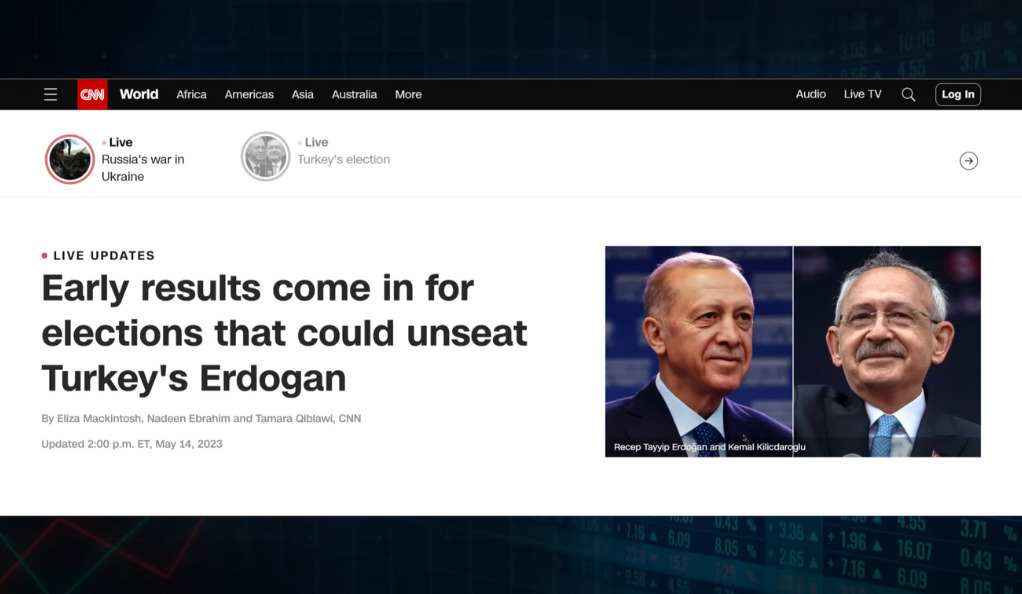
Switching from the realm of tech to geopolitics, we find Turkey in the throes of political turbulence. Once a favorite destination for emerging market investors, the nation’s bonds have lost their sheen due to the unstable political environment.
As the drama unfolds in Turkey’s political corridors, the aftershocks are felt in its financial markets. Investors should approach Turkish bonds with caution, understanding that political instability often translates into economic volatility. In such a scenario, risk assessment and geopolitical analysis become as crucial as financial evaluation.
The US Debt Ceiling Dilemma: A Pandora’s Box of Economic Consequences
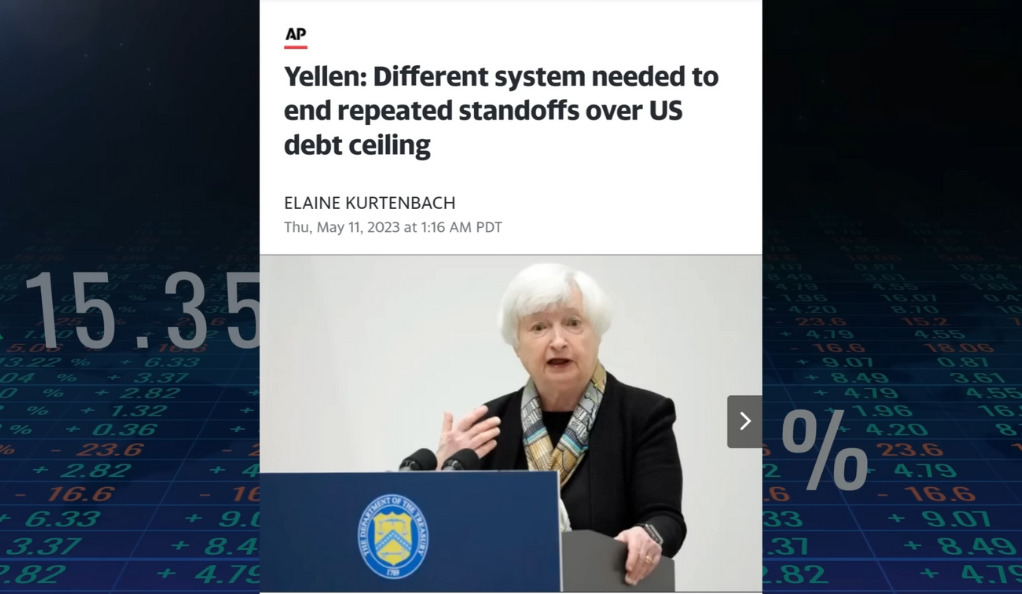
The recurrent saga of the US debt ceiling is akin to a recurring nightmare that leaves economists and market watchers on tenterhooks. Despite being the world’s largest economy, the US government’s profligate spending habits and the continual raising of the debt ceiling raise concerns about fiscal prudence and economic stability.
The Economic Repercussions of Unchecked Government Spending
As the US government continues to borrow and spend, it teeters on a precarious edge. Excessive borrowing can trigger inflation and devalue the dollar, eroding the purchasing power of consumers and leading to an overall increase in the cost of living.
Additionally, uncontrolled government spending and escalating public debt could potentially deter investors, both domestic and international. The faith in US Treasury bonds, considered one of the safest investments, could waver, leading to a cascade of financial consequences.
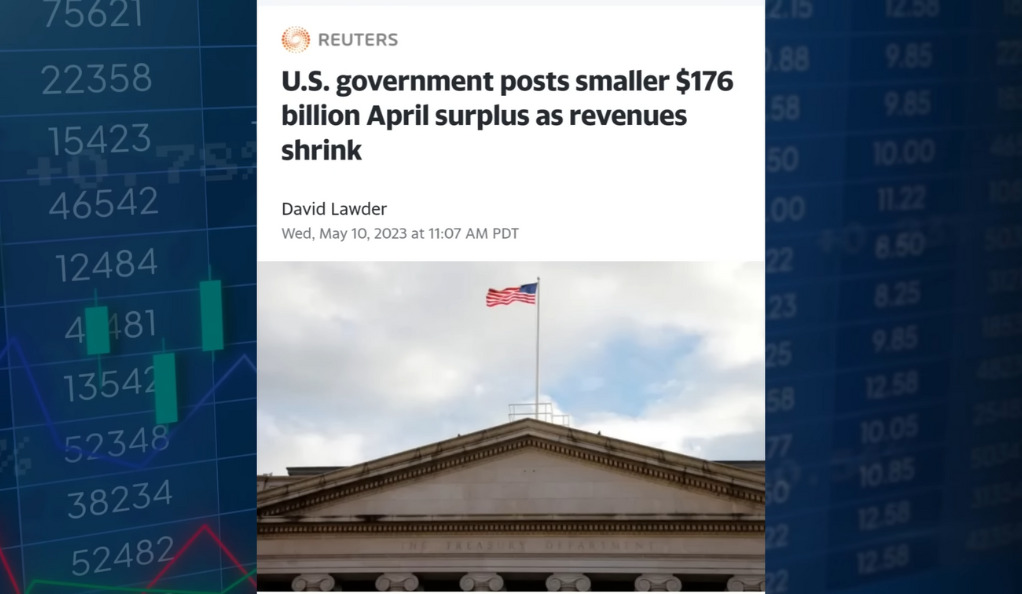
Political Chess: The Dynamics of Biden and McCarthy vs Obama and Boehner
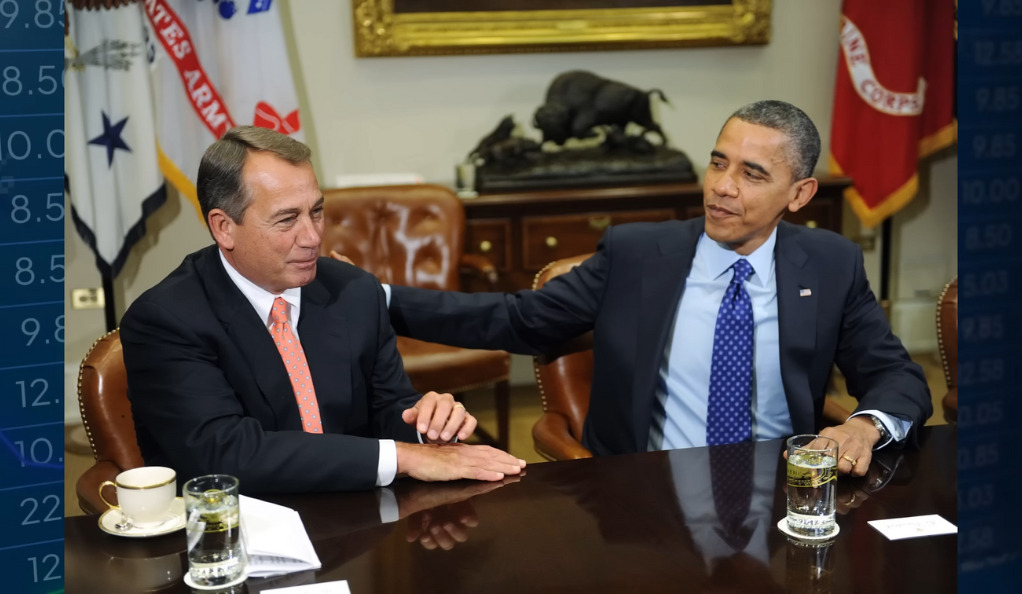
The relationship between a President and the House Minority Leader is often reminiscent of a complex chess game, laden with strategic moves and counter-moves. The intricate dance between President Biden and Kevin McCarthy echoes the strained dynamics between former President Obama and John Boehner.
Just as in chess, the outcome of this political dance has significant implications. Will it lead to bipartisan consensus, or will it devolve into a stalemate, hampering policymaking and governance?
The Economic Thermometer: An ‘Icy-Hot’ State of Affairs
In the wake of the pandemic, the world economy is on a rollercoaster ride, with sectors behaving like disparate weather patterns in a climatic system. While some sectors are ‘hot,’ boasting robust growth and promising prospects, others remain ‘icy,’ struggling to regain their pre-pandemic vibrancy.
Tech and finance sectors are basking in the ‘heat’ of economic recovery, driven by accelerated digitization and buoyant capital markets. Meanwhile, sectors such as hospitality and travel remain ‘icy,’ grappling with the long-lasting impacts of lockdowns and travel restrictions.
This ‘icy-hot’ dichotomy presents a nuanced picture of economic recovery. It calls for tailored policy responses that cater to the unique needs and challenges of each sector, ensuring a more inclusive and sustainable revival.
Conclusion
In the grand theater of global business and economics, the roles of the players are continually evolving, their actions setting the stage for future developments. Musk’s potential alliance with Yaccarino, the unshaken faith of Tesla’s investors, Turkey’s political instability, the recurrent issue of the US debt ceiling, and the varied recovery pace of different sectors – all these threads are intricately woven into the tapestry of our times.
As we navigate this complex landscape, we must remember that while we can’t predict every twist and turn, we can equip ourselves with knowledge and critical insight. After all, in the words of Albert Einstein, “The important thing is not to stop questioning. Curiosity has its own reason for existing.” As we continue to question, learn, and adapt, we write our own scripts in the grand narrative of our times.
Ainu Token aims to offer impartial and trustworthy information on cryptocurrency, finance, trading, and shares. However, we don't provide financial advice and recommend users to conduct their own studies and thorough checks.



Comments (No)